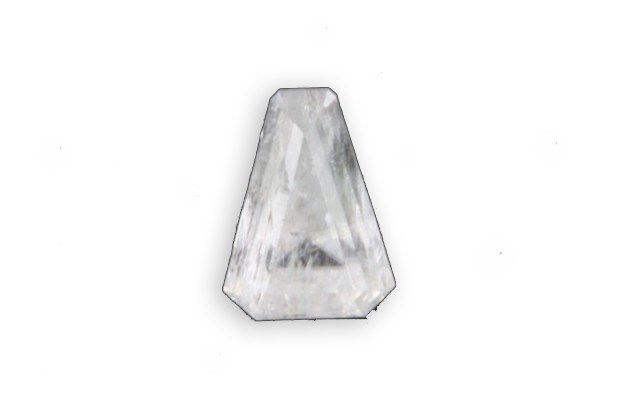
whewellite
It honors the name of the English mineralogist William Whewell (1794-1866). It is a component of kidney stones. The fine twinned crystals result from the reaction of the urine of horses working in the mines with the host rock.
Je vous emmène à travers mes vidéos découvrir mon expérience acquise depuis plus de 30 ans a silloner le globe entier à la recherche de pierres précieuses, de rencontre mémorables mais aussi de difficulté parfois …

It honors the name of the English mineralogist William Whewell (1794-1866). It is a component of kidney stones. The fine twinned crystals result from the reaction of the urine of horses working in the mines with the host rock.
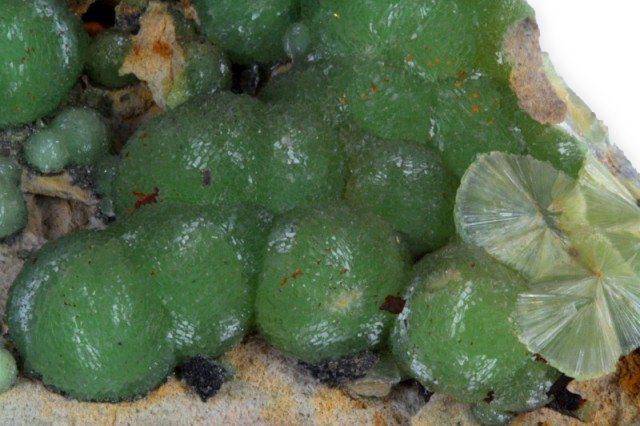
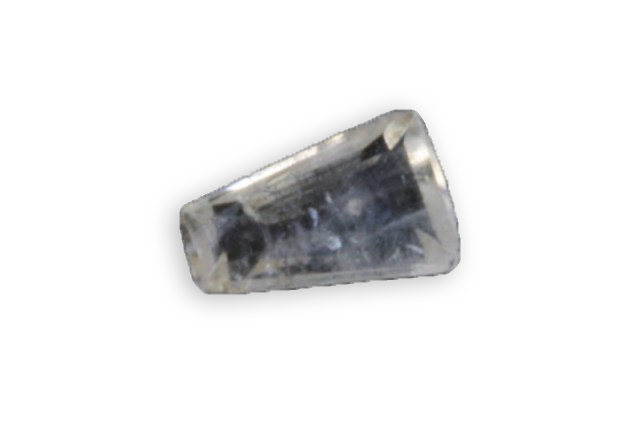
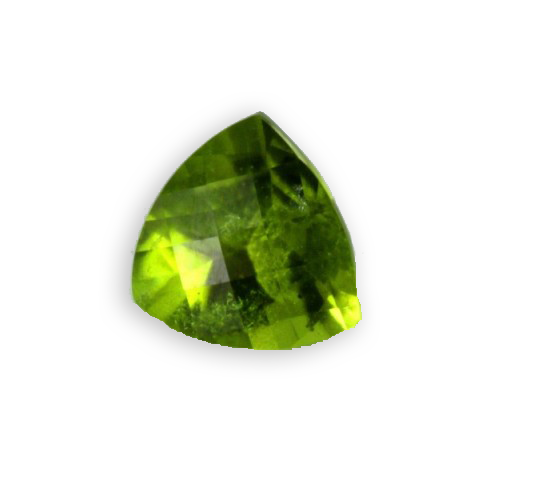
Its name comes from the Vesuvius (Italy) where it was discovered, it is also called vesuvienne, idocrase, wiluite (form the Wilui River in Yakutia, Russia). The californite variety, discovered in 1963 by the famous mineralogist Kunz, is a massive, persistent and green variety of vesuvianite
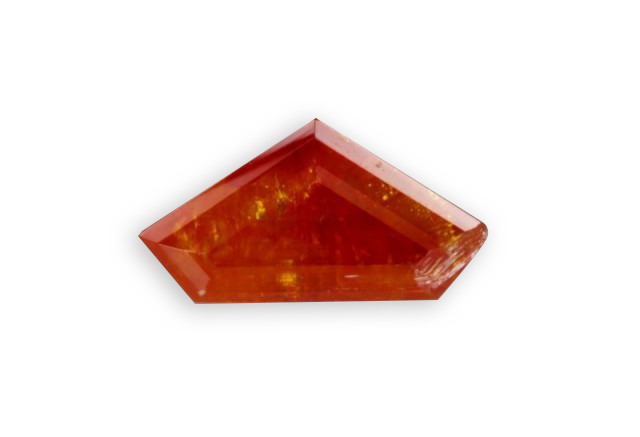
Discovered in 1838 in Mexico, its name comes from its composition, rich in vanadium.
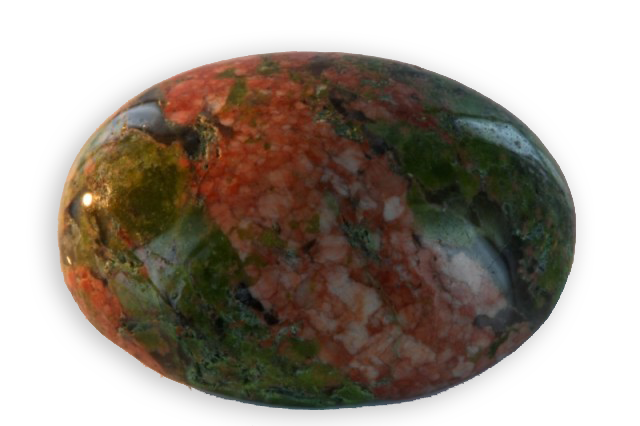
This is an altered granite composed of pink feldspar, green epidote and colorless or brown quartz. When unakite is not too altered is a beautiful stone combining pistachio green epidote with salmon pink feldspar. It owes its name to Unaka Range located between Tennessee and